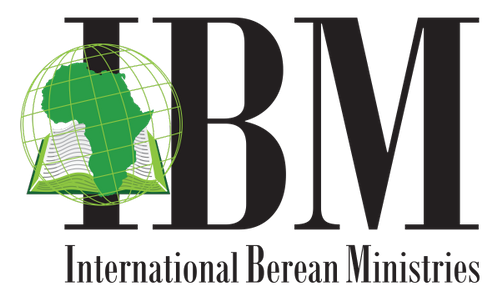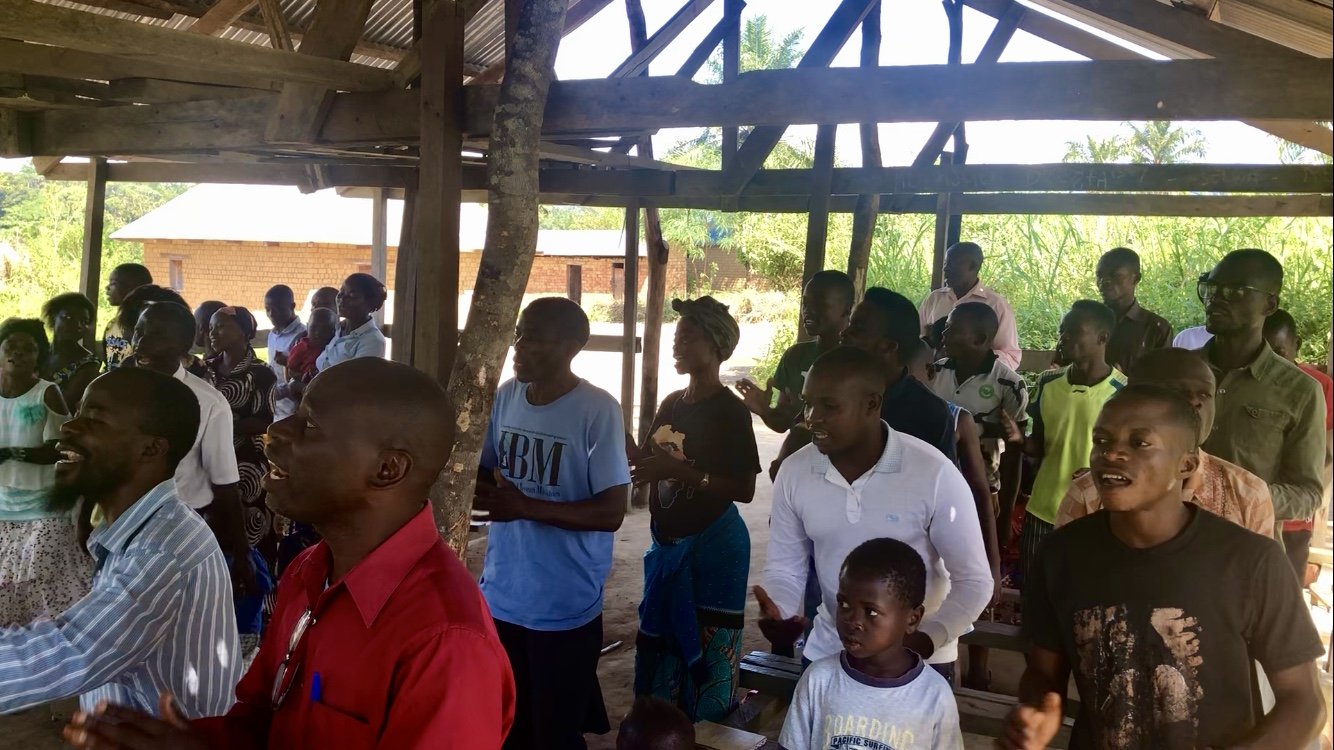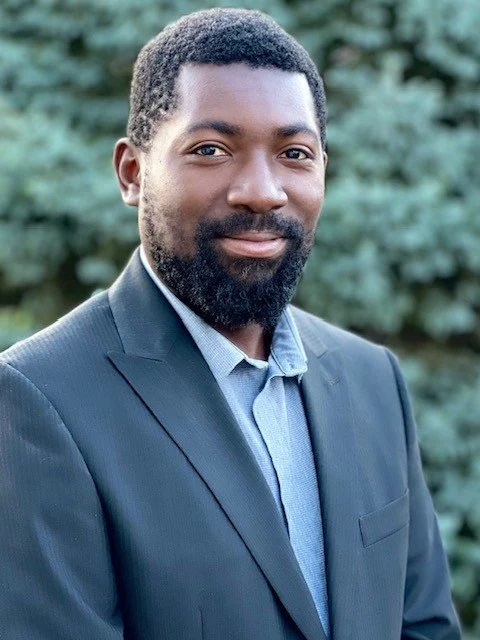
About Us
Our Story
When Kizombo Kalumbula Sr. and his wife Wababili hosted an itinerant evangelist pastor in 1969, they had no idea how it would impact their lives. Instead, the pastor led them to accept Christ during his stay, which launched them into a life of ministry. By 1980, Kalumbula Sr. had graduated from the Bible Institute at the mission station in Kama. Then, in the late 80s, he came to Grand Rapids, Michigan, where he obtained his bachelor’s in theology from Grace Christian University and a master’s in religious education from Grand Rapids Theological Seminary.
After co-founding International Berean Ministries to meet the holistic needs of the people in the Congo, Kalumbula Sr. returned to the DRC. By 2002 IBM had established two K-12 schools. In 2008, The Center for Flourishing was founded in the remote village of Kitindi. The center focuses on Leadership and Pastoral training, Micro Business development, and Trade Skill Training. In 2005 Rev. Kizombo Kalumbula Jr. assumed the role of Executive Director of IBM.
Throughout the years, the consistent thread in IBM’s ministry has been the grace of God to sustain, provide, and empower its efforts to realize a holistic change in Congolese communities. We are thankful for how we have seen the kingdom of God advance and its people flourish!

Mission
To meet the spiritual, emotional, and physical needs of children and youth of the Democratic Republic of Congo through education, skill development, and evangelism.
Board Of Directors
History of the DRC
In the 1870s, European exploration of the Congo Basin, sponsored by King Leopold II of Belgium, allowed the ruler to acquire rights to the Congo territory and make it his private property under the name of the Congo Free State. The king's colonial military forced the local population to produce rubber. From 1885 to 1908, millions of Congolese people died due to disease and exploitation. International condemnation finally forced Leopold to cede the land to Belgium, creating the Belgian Congo.
The Congo gained its independence from Belgium in 1960, but its early years were marred by political and social instability. Col. Joseph Mobutu seized power and declared himself president in a November 1965 coup. He subsequently changed the country's name to Zaire and ruled for 32 years with brutal force.
Ethnic strife and civil war led to the toppling of the Mobutu regime in 1997 by Laurent Kabila, who renamed the country the Democratic Republic of the Congo (DRC). In January 2001, Kabila was assassinated, and his son, Joseph Kabila, was named head of state. In October 2002, the new president successfully negotiated the withdrawal of Rwandan forces occupying the eastern DRC. Presidential, National Assembly, and provincial elections took place in 2006, with Joseph Kabila elected to office.
In 2019, opposition candidate Felix Tshisekedi won the presidential election and was inaugurated two weeks later, marking the first transfer of power to an opposition candidate without violence or a coup since the DRC's independence in 1960.
However, the DRC, particularly in the East, continues to experience violence perpetrated by more than 100 armed groups active in the region, including the Allied Democratic Forces, the Democratic Forces for the Liberation of Rwanda, and assorted Mai Mai militias. The UN Organization Stabilization Mission in the DRC (MONUSCO) has operated in the region since 1999 and is the world's most extensive and expensive UN peacekeeping mission.
Country Snapshot
Size By Area
The DRC is the second largest country in Africa and the 12th largest country by area in the world.
Size by Population
With a population of over 108 million people, the DRC ranks as the 14th largest country by population in the world.
Language
French is the DRC’s official language, with Swahili, Kikongo, and Tshiluba languages also spoken.
Demographic Profile
Despite a wealth of fertile soil, hydroelectric power potential, and mineral resources, the DRC struggles with many socio-economic problems, including high infant and maternal mortality rates, malnutrition, poor vaccination coverage, and lack of access to improved water sources and sanitation.
Resources Mismanagement
Ongoing conflict, mismanagement of resources, and a lack of investment have resulted in food insecurity; almost 30% of children under 5 are malnourished.
Basic Public Services
The overall coverage of essential public services—education, health, sanitation, and potable water—is minimal and piecemeal, with substantial regional and rural/urban disparities.
Percentage of the Population age 14 and Under
46.38% (United States is 18.23%)
Youth Dependency Ratio (YDR)
92.1%—The YDR is the ratio of the youth population (ages 0-14) per 100 people of working age (ages 15-64). A high youth dependency ratio indicates that more significant investment needs to be made in schooling and other services for children. United States YDR is 28.03%














